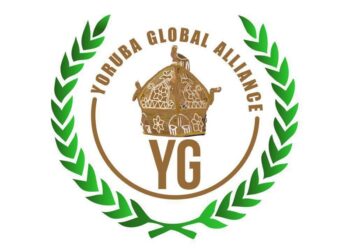Nigeria’s headline inflation dropped to 23.71 per cent in April, a rise that will likely lead monetary policymakers to cut rates when they meet next week.
According to the National Bureau of Statistics (NBS), inflation decreased to 23.71% in April from 24.23% in March 2025.
This is due to the large stability in food prices in April, as reported by the NBS through the newly launched Nigeria Food Price Tracking Dashboard (NPFT), with declines in the average prices of key staples, including imported rice, local rice, and brown beans.
Additionally, PMS prices remained largely stable, with the Dangote refinery reducing its ex-depot price of PMS twice during the month to N835 from N880, following the full implementation of the Naira for crude policy and a decline in global crude oil prices.
The inflation dropped despite the naira depreciating by 4.50 per cent to an average of N1,595.05 to the dollar in April from N1,526.37 in March. This raised the cost of imports, particularly for goods that are import-dependent, likely driving an uptick in the core index.
Olayemi Cardoso, the central bank chief, acknowledged that inflation remains “elevated”. He noted that “it’s less sticky than before”, fanning hopes that the macroeconomic stability may, in the near term, put the authorities in the right terms to ease monetary controls after hiking borrowing rates throughout last year.
“If we continue with our course of orthodox monetary policy, which has already shown results, then inflation will moderate over time. Alongside that, interest rates will also begin to ease,” Cardoso said at the launch of the World Bank’s Nigeria Development Update in Abuja.
The Monetary Policy Committee has maintained Nigeria’s benchmark interest rate at 27.5 per cent, the same as when it last met in February 2025.
The committee will hold its 300th meeting on May 19 and 20 at its main office in Abuja.








